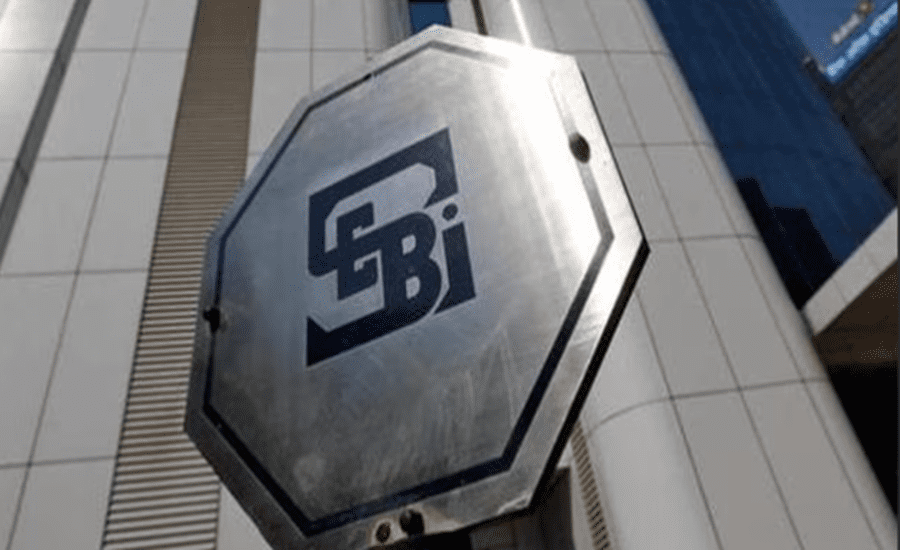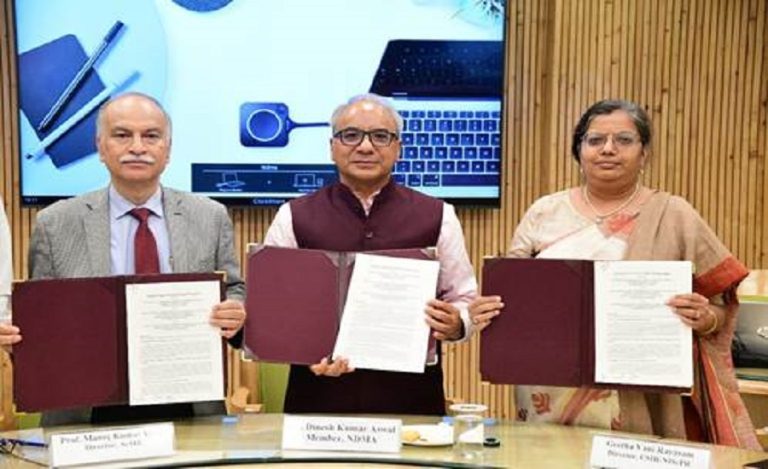Mumbai – The Securities and Exchange Board of India (SEBI) has introduced relaxed regulations to facilitate the voluntary delisting of certain Public Sector Undertakings (PSUs) where the government holds 90% or more equity. This move aims to streamline the delisting process for legacy-listed state-run companies with minimal public float.
Key Highlights:
- Eligible PSUs: Only PSUs with over 90% government or PSU shareholding are eligible for the relaxed delisting route.
- Delisting Mechanism: A fixed-price delisting process has been introduced, with the offer price set at a minimum 15% premium over the floor price determined by registered valuers.
- Shareholder Approval: The requirement for approval by two-thirds of public shareholders has been waived, addressing challenges posed by low public shareholding in these entities.
- Post-Delisting Options: Once delisted, these PSUs may continue as unlisted entities, opt for voluntary strike-off, or proceed toward winding up.
SEBI Chairman Tuhin Kanta Pandey emphasized that these measures are designed to ease the exit process for PSUs with legacy listings and minimal public participation. The regulator has clarified that the new provisions do not apply to PSUs in the banking, financial services, and insurance sectors.
About the Eligible PSUs:
KIOCL Limited
Established in 1976, KIOCL is a Mini Ratna Category-I PSU under the Ministry of Steel, Government of India. Specializing in iron ore mining, beneficiation, and the production of iron oxide pellets, KIOCL operates a pelletization plant in Mangalore and is headquartered in Bengaluru, Karnataka.
HMT Limited
Incorporated in 1953, HMT Limited is a Central Public Sector Enterprise under the Ministry of Heavy Industries, Government of India. Initially established as Hindustan Machine Tools, HMT diversified into manufacturing machine tools, watches, tractors, printing machinery, and bearings. The company’s watch division, HMT Watches, became iconic in India, producing popular models like Janata and Pilot. HMT is headquartered in Bengaluru, Karnataka.
ITI Limited
Founded in 1948, ITI Limited is a public sector undertaking in the telecommunications technology segment. It was set up as a departmental factory and has since evolved into a leading manufacturer of telecom products, including switching, transmission, access, and subscriber premises equipment. The company operates manufacturing facilities in Bengaluru, Naini, Rae Bareli, Mankapur, and Palakkad, along with an R&D center in Bengaluru and multiple Marketing, Services & Projects (MSP) centers across India.
State Trading Corporation of India Limited (STC)
Established in 1956, STC is a premier international trading company of the Government of India. It was primarily engaged in export and import operations, handling a wide range of commodities including agricultural products, minerals, and petroleum products. STC operated under the administrative control of the Ministry of Commerce and Industry. However, due to financial challenges, the government has proposed the closure of STC.
Fertilizers and Chemicals Travancore Limited (FACT):
Incorporated in 1943, FACT is a public sector undertaking and the first large-scale fertilizer plant in independent India. Headquartered in Kochi, Kerala, FACT manufactures a range of fertilizers, including ammonium sulfate, ammonium phosphate, and caprolactam. The company operates two production units: the Udyogamandal Complex and the Cochin Division. FACT is under the administrative control of the Ministry of Chemicals and Fertilizers, Government of India.
This regulatory change is expected to support the government’s strategic disinvestment efforts and simplify exit strategies for legacy public sector firms with negligible public shareholding.
About SEBI
The Securities and Exchange Board of India (SEBI) is the primary regulatory body for the securities market in India. It was established in 1992 to protect investors, promote the development of the securities market, and regulate market activities. SEBI’s key functions include regulating market intermediaries, preventing malpractices, and ensuring fair trading practices.




























